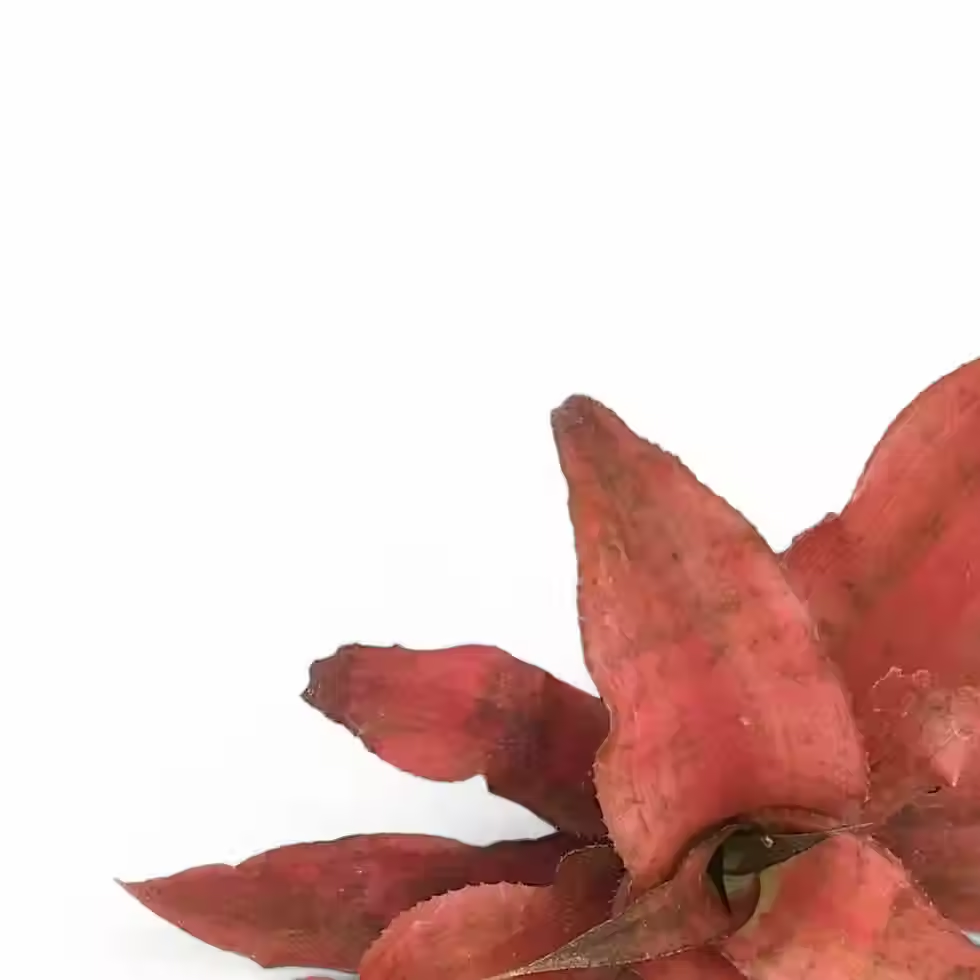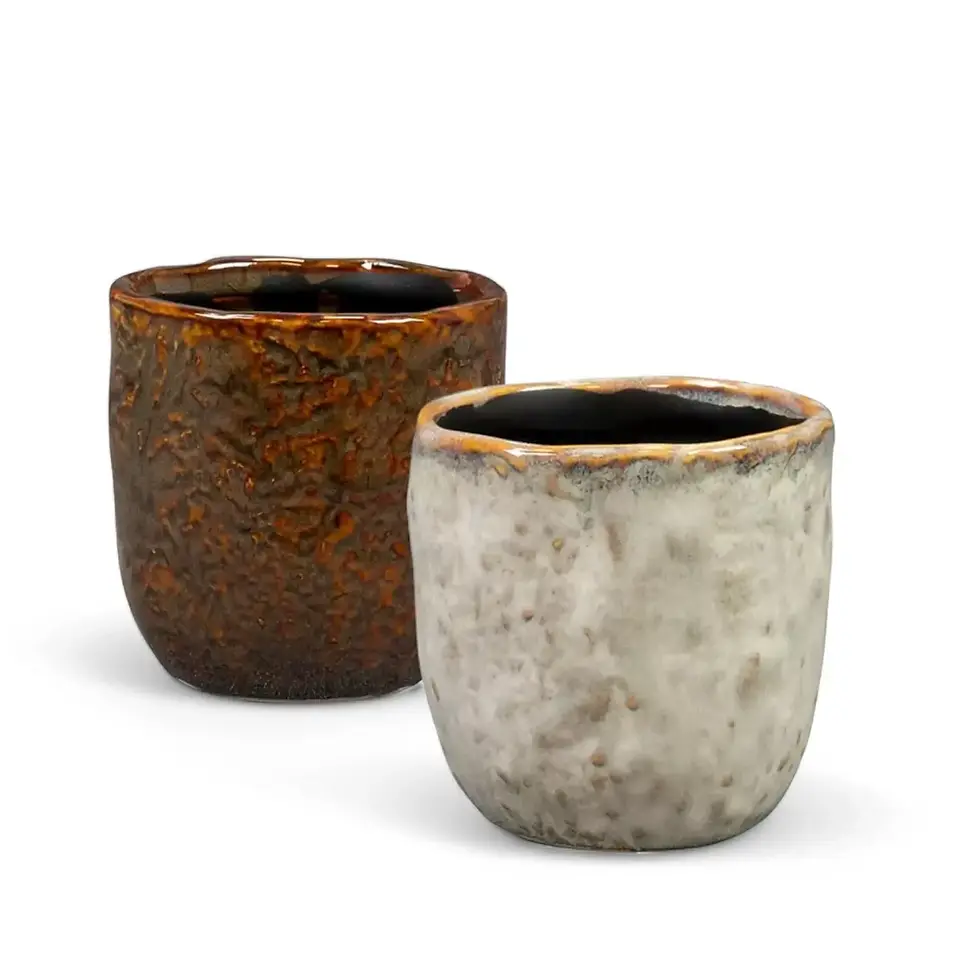Pachira Aquatica Care and Tips for Your Money Tree
Pachira aquatica, also known as the Money Tree or Malabar Chestnut, is a cherished indoor plant renowned for its unique braided trunk and lush green foliage. Its vibrant presence is more than decorative—it symbolizes prosperity and good fortune, making it a meaningful choice for homes and workplaces alike. Native to the wetlands of Central and South America, this resilient plant thrives in various indoor conditions.
Features and Benefits of Pachira Aquatica
- Growth Characteristics: The Money Tree grows up to 1-2 meters indoors, with an annual growth rate of 20-30 cm.
- Foliage: Dark green, glossy leaves divided into 5-9 elongated leaflets, creating a relaxed tropical vibe.
- Flowering Potential: Rare indoors, but produces greenish-yellow flowers with red stamens in its natural habitat.
- Adaptability: Forgiving nature makes it ideal for both beginners and experienced plant lovers.
Essential Facts About Pachira Aquatica
- Habitat and Origin: Native to Central and South America, thriving in warm, humid wetlands.
- Growth Habit: Upright, sturdy braided trunk with evergreen foliage.
- Toxicity: Non-toxic to pets and humans but should not be ingested in large quantities.
Comprehensive Care for Pachira Aquatica
- Placement: Prefers bright, indirect light; tolerates moderate light but avoids direct sun.
- Watering: Allow the top 2-3 cm of soil to dry before watering thoroughly.
- Humidity: Thrives in moderate to high humidity; avoid misting, use a humidifier if needed.
- Temperature: Maintain 18-24°C; protect from drafts and extreme temperatures.
- Soil: Well-draining potting mix enriched with perlite or sand.
- Fertilizing: Monthly feeding with diluted liquid fertilizer during the growing season.
- Repotting: Every 1-2 years in spring; refresh topsoil annually for mature plants.
- Pot Selection: Use pots with drainage holes; terracotta pots help regulate moisture.
- Pruning: Regular trimming in spring promotes bushier growth.
- Propagation: Pachira Aquatica grows well from stem cuttings in water or soil; hydroponics is also an option.
Common Issues and Practical Solutions for Pachira Aquatica
- Yellowing Leaves: Caused by overwatering or excessive light. Allow soil to dry out before watering again.
- Leaf Drop: Result of environmental changes such as drafts or low humidity.
- Pests: Watch for spider mites, mealybugs, and scale insects; treat with insecticidal soap.
- Root Rot: Prevent by ensuring soil dries out between waterings and using well-draining pots.
- Brown Leaf Tips: Often due to low humidity or over-fertilization.
- Fungal Problems: Avoid overhead watering; promote airflow to prevent fungal issues.
Additional Notes for Pachira Aquatica
- Support for Braiding: Continue braiding as the plant grows, but avoid over-tightening.
- Stress Management: Minimize relocation stress by adjusting watering and monitoring for leaf drop.
- Feng Shui Symbolism: Considered a lucky plant, often associated with financial prosperity.
- Culinary Use: In native regions, roasted seeds of Pachira Aquaticaare consumed as a snack.
Etymology of Pachira Aquatica
The genus name "Pachira" comes from a Guyanese term for the plant, while "aquatica" refers to its wetland habitat. First described in 1775 by Jean Baptiste Christophore Fusée Aublet.
FAQs About Pachira Aquatica
- How often should I water my Money Tree? Water when the top 2-3 cm of soil is dry, typically every 2-3 weeks.
- Can Pachira aquatica grow in low light? Yes, but growth will be slower in moderate light conditions.
- Is the Money Tree pet-friendly? Yes, it is non-toxic but should be kept out of reach of pets.
- What soil mix is best? A well-draining tropical potting mix with perlite or sand.
- Can I propagate Pachira aquatica in water? Yes, stem cuttings root well in water before transplanting to soil.
Order Your Pachira Aquatica Today!
Transform your space with the lush and vibrant Pachira aquatica. Perfect for homes and offices, this easy-care plant brings a touch of luck and greenery. Order now and enjoy its beauty every day!
Pachira aquatica
Pachira aquatica comes in following sizes:
S – is approximately 45 cm tall and comes in a ⌀ 12 cm pot.
M – is approximately 70 cm tall and comes in a ⌀ 17 cm pot.
L – is approximately 80 cm tall and comes in a ⌀ 19 cm pot.
XL – is approximately 120 cm tall and comes in a ⌀ 24 cm pot.
XXL – is approximately 130 cm tall and comes in a ⌀ 27 cm pot.

























































